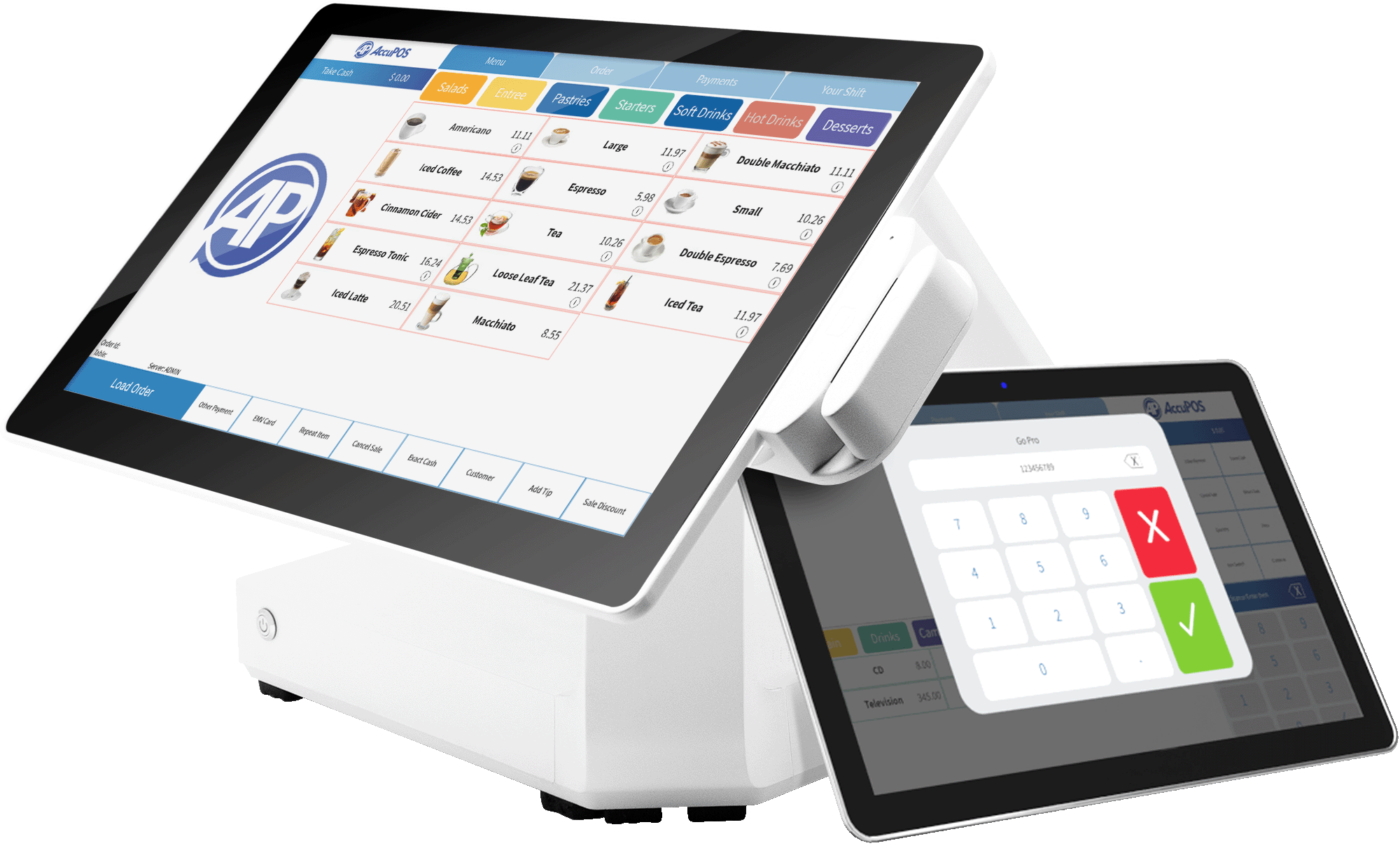In today's rapidly changing commercial landscape, managing operations efficiently is crucial for achieving goals, and one of primary tools that can assist achieve this is a POS solution. Such systems have matured substantially from traditional cash registers to sophisticated, cloud-based solutions that not only simplify transactions but also improve overall company operations. As we become increasingly aware of our ecological responsibilities, it's crucial to investigate how modern POS systems can aid to sustainability initiatives.
Featuring capabilities designed to optimize stock management, boost customer experience, and guarantee data security, the appropriate POS system can revolutionize how companies function. This piece explores the ecological impact of these systems, analyzing how they reduce waste, encourage energy conservation, and facilitate the growing demand for sustainable corporate practices. By understanding the advantages and features of modern POS systems, organizations can take informed decisions that are not only good for their financial interests but also advantageous for the planet.
Understanding Point of Sale Solutions
A POS solution is a mix of hardware and software that enables companies to oversee their sales transactions efficiently. At its core, a POS system facilitates the processing of customer buying activities, enabling companies to accept various transaction methods, control stock, and create sales reports. Modern POS solutions have developed significantly from traditional cash systems, providing enhanced features that cater to a wide range of sectors.

The evolution of Point of Sale solutions has been extraordinary, transitioning from basic till registers to advanced cloud-based solutions that leverage technology to optimize business functions. Restaurant Point of Sales Systems has significantly benefited retailers and service companies alike, offering them with tools to monitor transactions, manage stock quantities, and analyze customer behavior. Understanding these developments is crucial for companies looking to stay competitive in an ever more technology-driven market.
In addition to transaction processing, modern POS systems offer integrated capabilities that enhance general operational efficiency. For example, many systems now include stock control, employee scheduling, and customer relations administration (CRM) capabilities. By understanding the comprehensive features of Point of Sale solutions, companies can take knowledgeable choices about which solutions most align with their business needs and aid promote growth.
Selecting the Best POS System
Choosing the suitable POS system for your business requires meticulous consideration of your unique needs and operational goals. Begin by analyzing the core features that are crucial for your business type. For instance, a food service may prioritize features like reservations management and inventory tracking, while a shopping business might focus on inventory management and customer loyalty programs. Carrying out a needs assessment can aid you identify which functionalities will boost your operations and enhance customer experiences.
An additional critical consideration in selecting a POS system is its ability to scale. As your business grows, your POS system should be able to adjust and grow along with your needs. Reflect on whether the system can accommodate more staff, additional sites, or higher transaction volumes without compromising performance. Look for cloud-based solutions that offer flexibility, enabling you to easily access software updates and new features as they become available.
Ultimately, it is crucial to review the vendor’s customer support and training options. A reliable support system can make a significant difference, especially during the first setup and regular maintenance periods. Ensure that the supplier offers comprehensive training for your team, as well as accessible customer support services. This investment in support will help you minimize downtime and ensure that you can fully take advantage of the functions of your chosen POS system.
Improving Business Efficiency with POS
Introducing a state-of-the-art POS system can considerably simplify operations for organizations of various sizes. By digitizing tasks such as stock control, sales tracking, and customer relationship management, businesses can minimize the resources spent on manual processes. This effectiveness allows employees to concentrate on providing outstanding customer service and driving sales, which can lead to improved profitability.
Furthermore, a fully integrated POS system enhances communication between different departments within a organization. With features that allow for instant data sharing, staff from sales, warehouse, and management can work in unison. This integration reduces confusion and ensures that everyone is on the same wavelength regarding stock levels, sales performance, and client needs.
Finally, the data analytics features of advanced POS systems provide companies with critical insights. By examining sales trends and customer behaviors, companies can make data-driven decisions to improve their operations. This data-driven approach not only enhances operational efficiency but also supports targeted marketing efforts, ultimately leading to improved customer satisfaction and loyalty.
